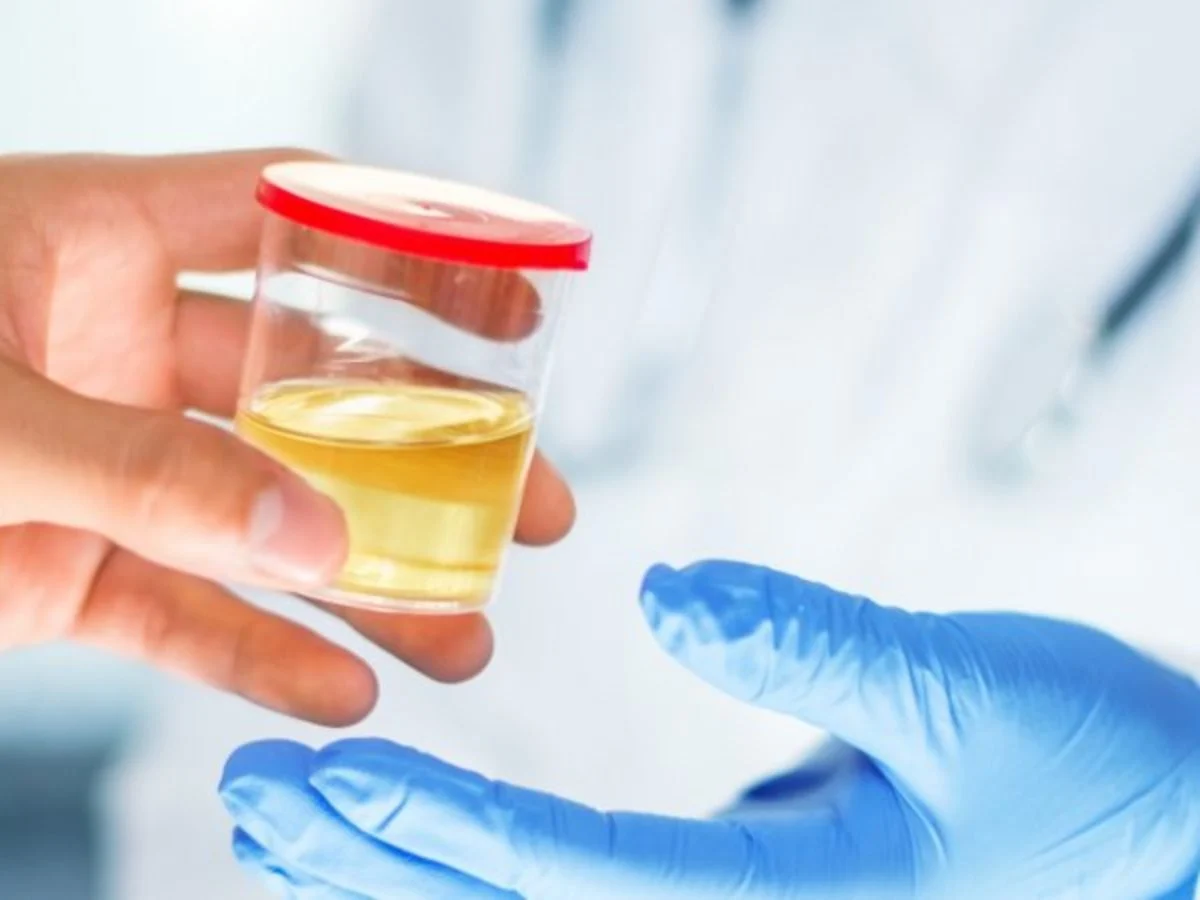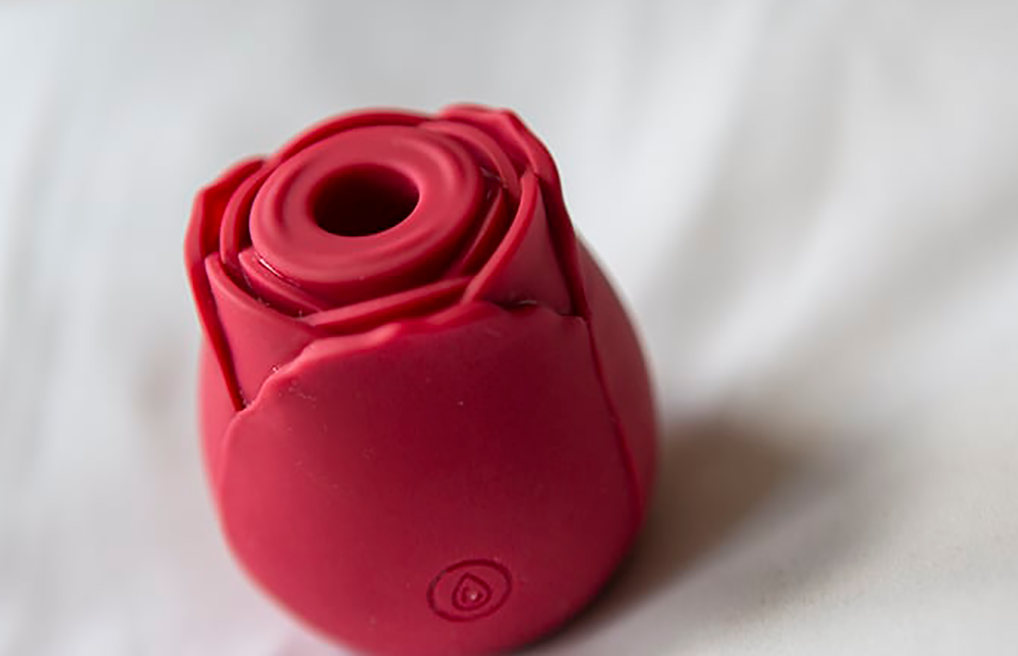How do educational institutions use synthetic urine kits for training?

A medical or laboratory science program requires students to handle biological samples. Educational institutions have adopted synthetic urine kits as essential training tools for students in healthcare, laboratory science, and technical programs. These artificial samples allow students to practice analysis techniques without the hygiene concerns or variability of actual human specimens. Many schools now rely on specialized Fake Pee products explicitly designed for educational purposes. These synthetic solutions mimic human urine’s chemical composition, appearance, and properties while completely safe in classroom settings. The standardized nature of these products helps instructors create consistent learning experiences and reliable testing situations for students across different course sections.
Training future medical professionals
Healthcare programs use synthetic samples to train students in urinalysis procedures that they’ll perform regularly in clinical settings. Nursing students learn to conduct dipstick tests and microscopic examinations and interpret results through repeated practice with these artificial samples. The controlled composition allows instructors to simulate various medical conditions by adjusting parameters like glucose levels, protein content, or pH. Medical laboratory technician programs further this training by teaching students to run comprehensive panels and identify abnormalities. Students gain confidence through repeated testing without the inconsistency of real samples or the need for volunteer donors. This standardized approach ensures all students encounter the same learning challenges regardless of when they take the course.
Building laboratory skills
Chemistry and biology departments utilize synthetic urine to teach fundamental laboratory techniques. Students learn proper handling of biological materials, pipetting skills, and analysis procedures with samples that pose no biohazard risk. The consistent composition helps students focus on developing technical skills rather than dealing with the natural variations in real specimens. Forensic science programs incorporate these materials to teach students about evidence collection, preservation, and analysis. Students practice documenting and processing samples as they would in actual criminal investigations. This practical experience proves invaluable when graduates enter crime labs or medical examiner offices where precision and proper procedure are essential.
Quality control training
Laboratory science programs teach students about quality control using synthetic samples with known parameters. Students learn to calibrate equipment, validate testing procedures, and identify when results fall outside acceptable ranges. This critical training prepares them to maintain high standards in clinical and research laboratories where accuracy directly impacts patient care or research outcomes. Students also learn troubleshooting skills by working with samples designed to produce specific results. When analyses don’t match expected values, students must identify whether the issue stems from procedural errors, equipment problems, or sample degradation. These problem-solving experiences prepare graduates for the challenges they’ll face professionally.
Technical certification preparation
Many technical certification exams include practical components where candidates must demonstrate proficiency with sample analysis. Educational programs use synthetic urine kits to prepare students for these high-stakes testing situations. The consistent composition lets students practice until they perform procedures flawlessly, building skills and confidence. Pharmacy technician and medical assistant programs incorporate these materials when teaching drug screening procedures. Students learn proper collection verification, testing protocols, and result interpretation. This practical experience prepares them for workplace responsibilities in healthcare facilities, rehabilitation centers, or employment screening services.
Research applications
The advanced research methods course uses synthetic samples to teach experimental design. Students learn to formulate hypotheses, control variables, and analyze results using standardized materials. This foundation in research methodology prepares students for graduate-level work or industry positions where original investigation is expected. Environmental science programs also use these materials to teach water quality testing and contamination analysis. Students learn to detect pollutants and assess human impact on ecosystems using samples that don’t introduce new variables into natural systems. This approach aligns with the field’s emphasis on minimizing environmental disruption while conducting necessary research.






